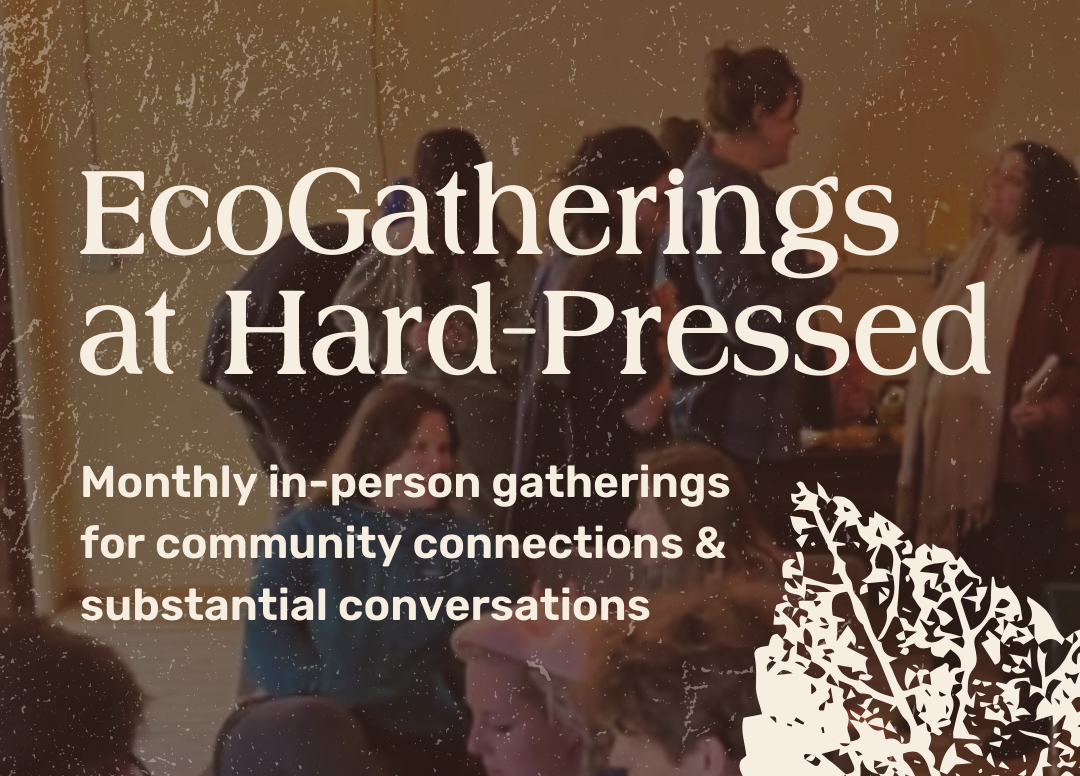How to Fall in Love with the Future
In this final EcoGathering, we have partnered with Upstream for a conversation with Rob Hopkins discussing his forthcoming book, How to Fall in Love with the Future. This collaborative EcoGathering serendipitously falls at the end of our cycle on 'Topias, during which we explored the many ways our stories of the future shape our actions and orientations now. Rob invites us to consider how vividly and sensually imagining the future we want, based on real examples of eutopias strengthens our efforts to bring about the rapid, radical change we need to create vivacious, beautiful communities - and it's not that hard to build with who and what we have around us. Since this is our final gathering as EcoGather, we will also use Rob's invitations and tools to dream about what comes next for us as otherWise.



